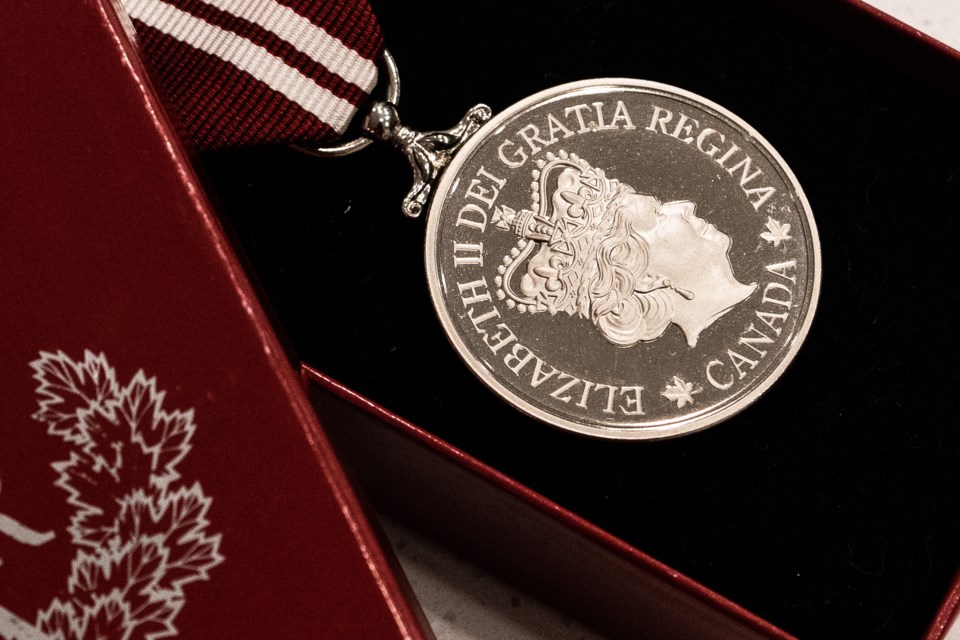Like many people in the world, I was thinking about the passing of Queen Elizabeth II and reflecting on her reign this week.
I know a person who had received a medal from the queen, so I was looking at it a few days ago, and I noticed a familiar inscription: Dei Gratia Regina; translated as “By God’s grace, Queen.”
This Latin phrase can be found on most of our coins. The idea behind it is that the queen recognizes that it is by God’s grace that she is who she is. Of course, this phrase was not uniquely used by Queen Elizabeth II, but her dedication to the Christian faith makes these words carry more meaning than just another phrase on some coinage.
The Apostle Paul spoke similar words: “But by the grace of God I am what I am, and his grace toward me was not in vain. On the contrary, I worked harder than any of them, though it was not I, but the grace of God that is with me” (1 Cor. 15:10).
Paul acknowledged that God was everything to him and that he would not be who he is without God’s grace in his life. The queen agreed with Paul’s words and would have attributed her reign to the grace of God entirely.
Although our society has become more secularized in recent decades, most Canadians still carry in our pockets (or fanny packs) coins that bear this inscription — the confession of faith from the highest office in our nation that proclaims the queen herself is only queen because of God’s grace; the idea that it is God’s grace that gave her office legitimacy and meaning. In essence, God reigns through the queen.
If the highest-ranking person in our country felt that she is who she is by God’s grace alone, perhaps it would be wise for us to consider why she attributed her success — even the results of her own hard work — to God’s grace. What was God’s grace in her life that she would credit it rather than her own lineage or accomplishments?


